Extensions and plugins, or apps in short
Source: Äri-IT, autumn 2022
Author: Leho Hermann, BCS Itera Sales Manager
If you talk to people who are involved in selling, implementing or developing Business Central, you’ll hear phrases such as apps, extensions, plugins, and development. What are they and why are they so good?

Understandably, when these terms are used interchangeably, it can be a little confusing for the customer. Let’s start by saying that all of these terms really mean one thing – they refer to the additional functionality that has been added to the standard solution in the Microsoft Dynamics 365 Business Central enterprise resource planning software. Before Business Central, these were called developments: if a customer wanted to change the standard logic of the solution or needed extra functions, the IT partner could develop it.
Nowadays, these additional or modified functionalities are simply called apps (extensions of the functionality of a solution). The changes have not just been made for the sake of the name, to sound more hip and appeal to young people, but they also refer to big changes in technology.
In the previous generation of enterprise resource planning software, it was common to upgrade to a new version every four to five years because of the large number of customer-specific developments that were complex and time-consuming to update (projects could take months, up to a year). This eventually meant more money. To put it very simply, today’s customer-specific developments are created as standalone apps that do not alter the code of the standard solution. This will also allow for easier (faster and cheaper) version upgrades.
APPS CAN BROADLY BE DIVIDED IN TWO:
1. Those that are publicly available on the Microsoft app store (https://appsource.microsoft.com/).
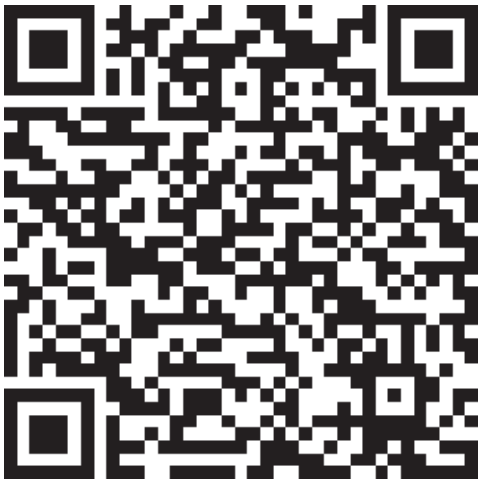
This also includes additional functionalities developed by Microsoft, but it mostly contains additional solutions created by partners that can be used by all partners and customers around the world. Some apps have more functionalities, some less; some are paid (most have a free trial) and some are free of charge.
There are currently around 3,000 apps available.
The best examples of this public online store app logic are apps used on mobile phones every day. If someone needs to take a taxi, they download a taxi app; if they need to go to the gym, they buy a gym app, and so on – meaning they are used to extend the functionality/capabilities of their phone.
NB! Only Business Central Cloud (SaaS) users can download new apps directly from the App Store into their solution. For the other licence models, additional apps can be used, but this is more time-consuming.
2.Customer-based apps, i.e. functionalities that are made specifically for a customer. These are not shared with anyone, because the customer has found a competitive advantage in that particular way of doing things and a different or complementary functionality to the standard solution has been created for this.
Most of these apps are customer-based. For example, apps related to the same Estonian localisation (VAT specifics, Intrastat, prepayments), e-invoices, real-time banking, Estonian payroll, etc. are the same as used by others, but additional solutions or apps created for that customer are only used for the nuances of the business.
One of the advantages of apps is that they can be switched on and off. If, for example, some additional functionality was downloaded from AppSource, but is no longer needed, it can easily be disabled – it is also removed from the solution and does not take up unnecessary space.
SOME EXAMPLES AND SUGGESTIONS OF HOW FREE APPS CAN MAKE EVERYDAY LIFE EASIER:
- Internal Notes allows you to display customer- or supplier-specific notes when creating a sales or purchase document. It is necessary, for example, in cases where the seller knows that the customer is capricious and always needs to be consulted about the payment deadline.
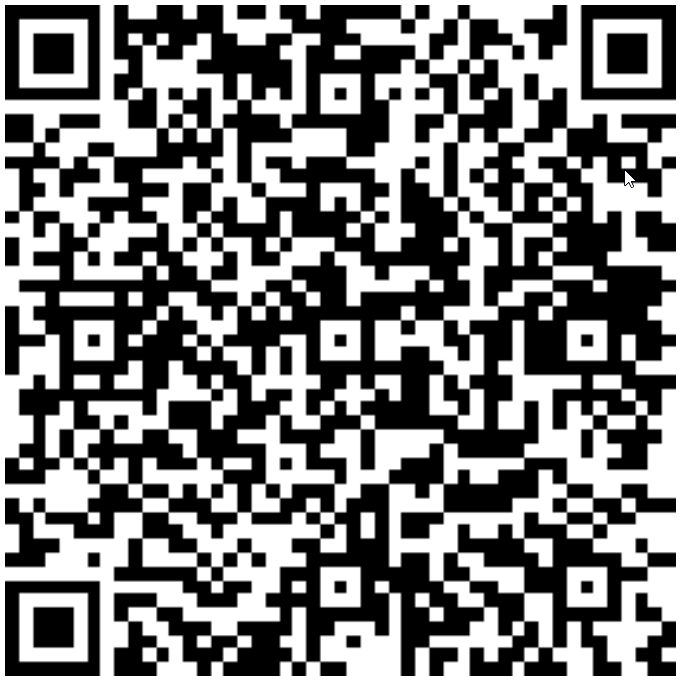
- In addition to manually adding files from the file system, DocXtender*3 enables you to drag and drop files directly into Business Central, where they are automatically linked to the corresponding document.
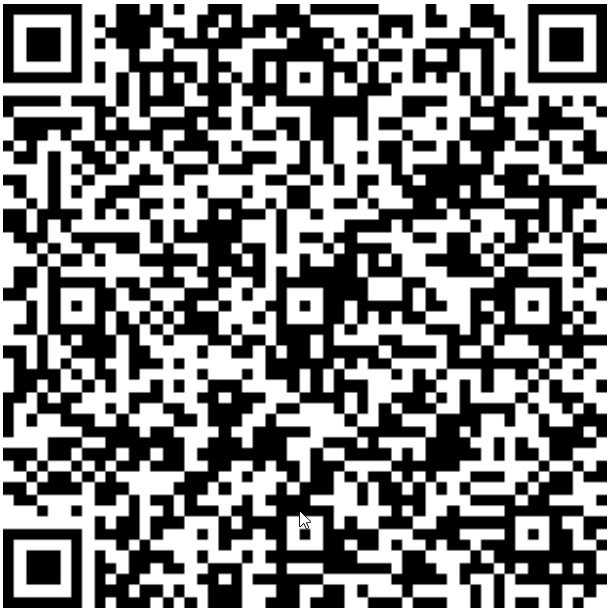
- Multi Company Inventory*4 is designed for undertakings that have many companies in their database and want to see the stock of goods within all of them, rather than just within one, as the standard solution allows.
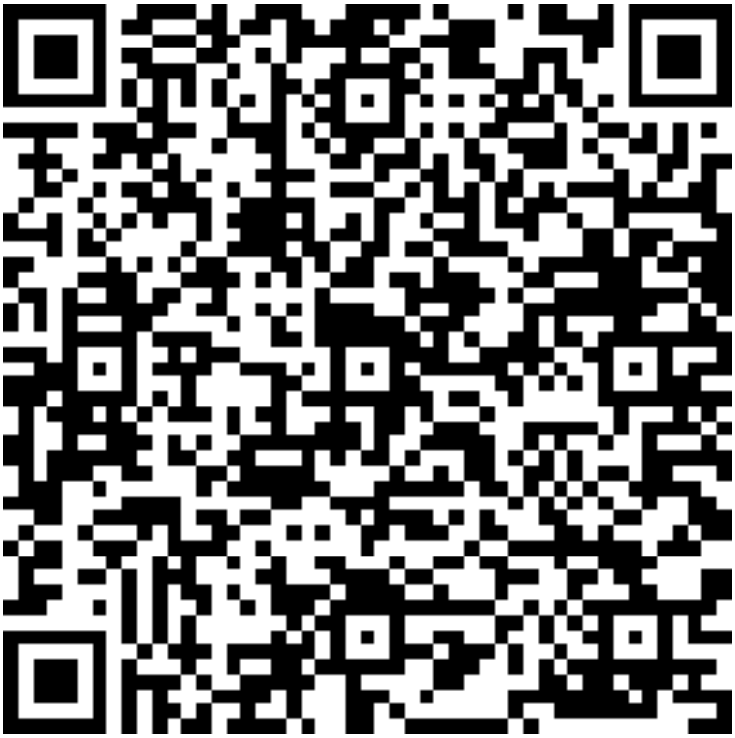
- WMS Express*5 is designed for companies with a simpler warehouse (e.g. picking directly from a sales order) who want to move some of their warehousing activities to a mobile handheld terminal. The paid version also gives access to more complex warehouse operations.
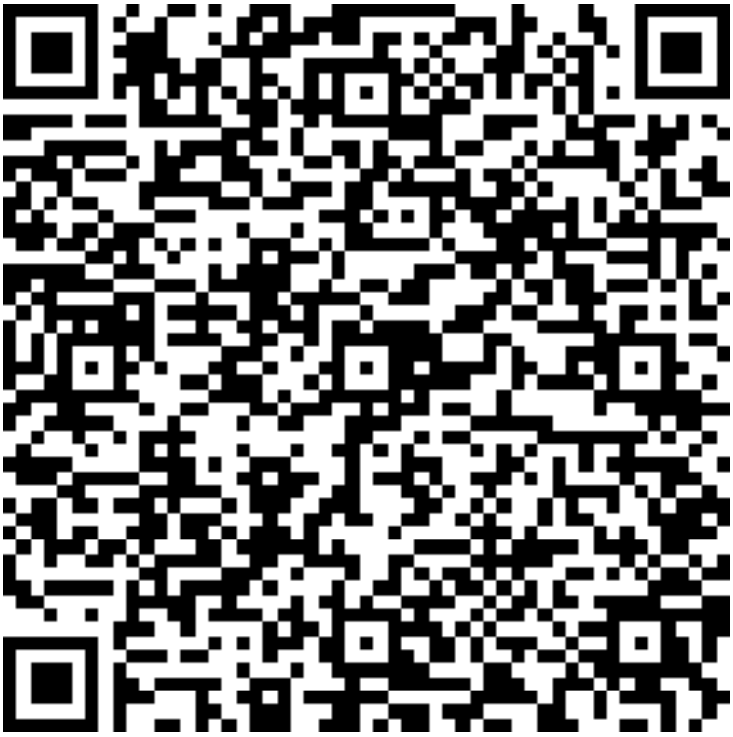
In addition to AppSource, apps created by BCS Itera can also be found on our website at https://www.itera.ee/en/